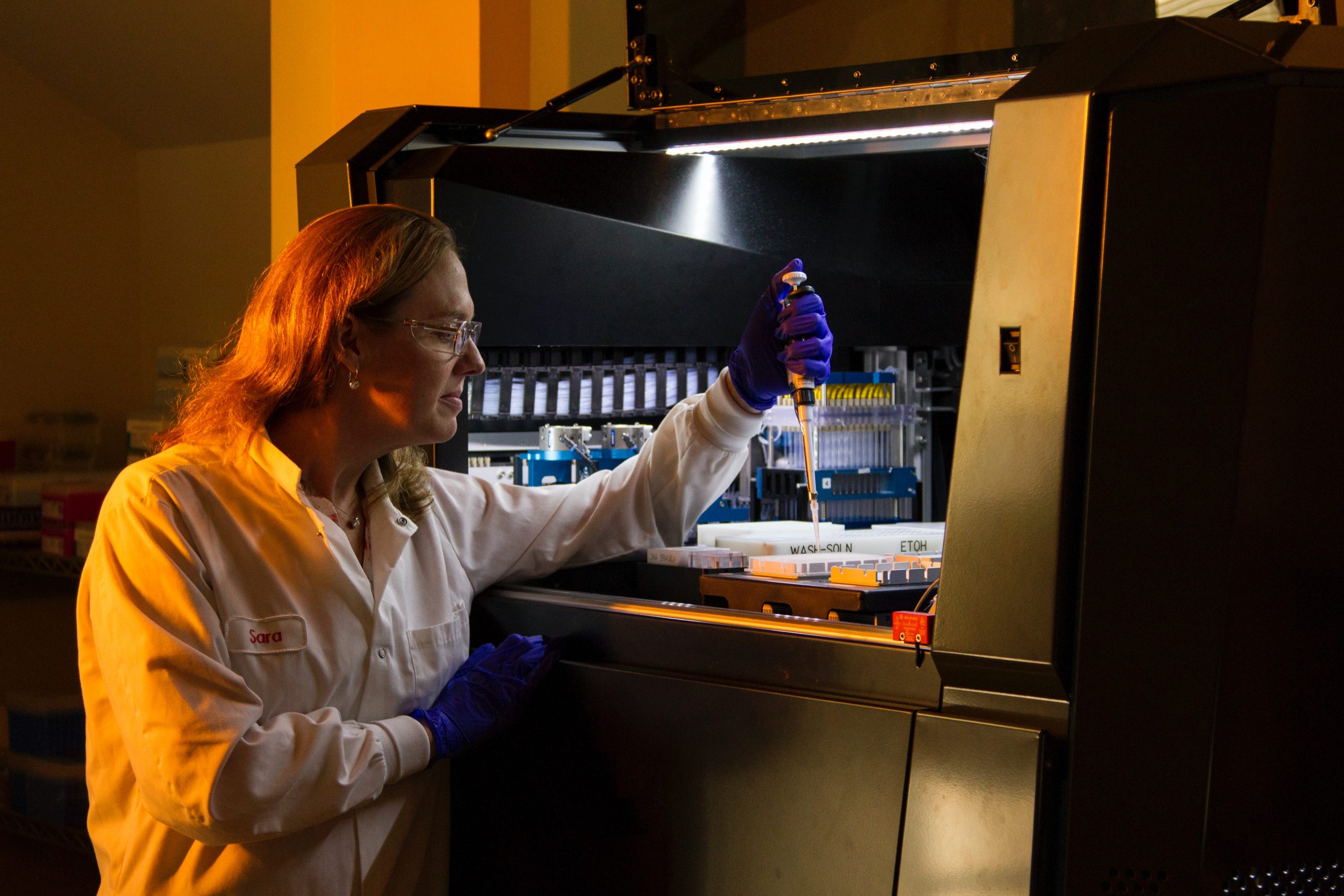
Adopting an Open-Source Approach to Pharmaceutical Research and Development
Summary
The U.S. pharmaceutical industry conducts over half the world’s research and development (R&D) in pharmaceuticals and accounts for well over $1 trillion in economic output annually. Yet despite the industry’s massive size, there are still no approved therapies for approximately 95% of human diseases—diseases that affect hundreds of millions in the United States and around the world. The disparity between industry inputs and societally valuable outputs can be attributed to two key market failures. First, many medicines and vaccines have high public value but low commercial potential. Most diseases are either rare (afflicting few), rapidly treated (e.g., by antibiotics), and/or predominantly affect the global poor. Therapies for such diseases therefore generate limited revenue streams for pharmaceutical companies. Second, the knowledge required to make many high-value drugs is either underdeveloped or undershared. Proprietary considerations may prevent holders of key pieces of knowledge from exchanging and integrating information.
To address these market failures and accelerate progress on addressing the overwhelming majority of human diseases, the next administration should launch a new program that takes an open-source approach to pharmaceutical R&D. Just as open-source software has proven a valuable complement to the proprietary systems developed by computer giants, a similar open- source approach to pharmaceutical R&D would complement the efforts and activities of the for-profit pharmaceutical sector. An open-source approach to pharmaceutical R&D will provide access to the totality of human knowledge and scientific expertise, enabling the nation to work quickly and cooperatively to generate low-cost advances in areas of great health need.
As people wait for this catastrophic grid failure to be remedied, much of southeast Texas, which includes Houston, is enduring dangerous, extreme heat with no air conditioning amid an ongoing heatwave.
The federal government plays a critical role in scaling up heat resilience interventions through research and development, regulations, standards, guidance, funding sources, and other policy levers. But what are the transformational policy opportunities for action?
Comprehensive heat safety standards are essential to mitigate the impacts of climate change on farmworkers and ensure the sustainability and resilience of agricultural operations.
Public deliberation, when performed well, can lead to more transparency, accountability to the public, and the emergence of ideas that would otherwise go unnoticed.